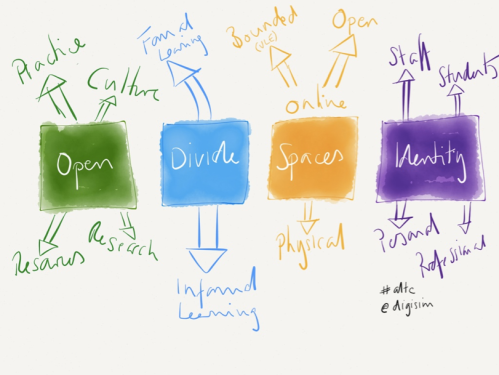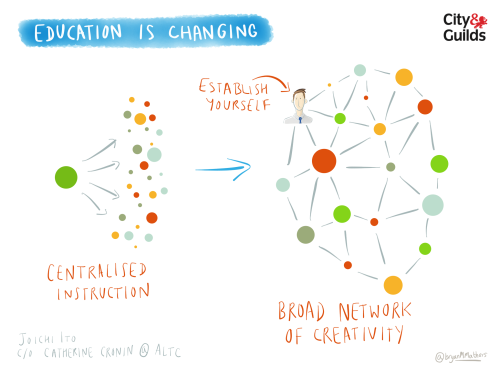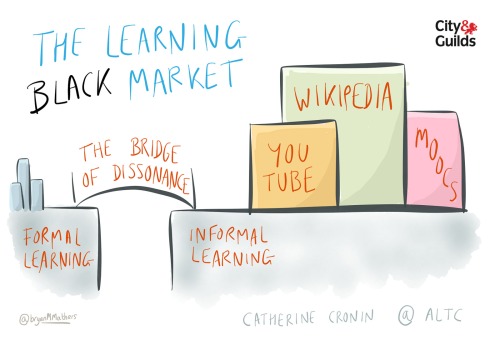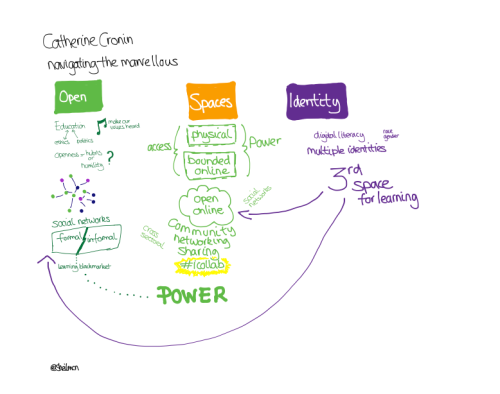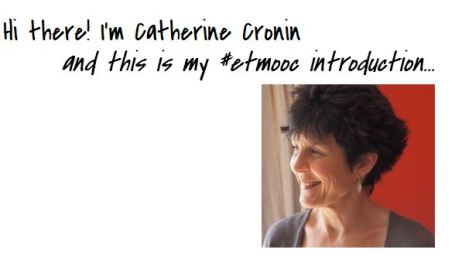
On a sunny, blustery afternoon here in Kinvara, I’ve just returned from an uplifting meeting with teachers at our local primary school. Nearly every year for the past 8 years, I’ve participated in information evenings for parents, speaking about internet safety issues related to social networks popular at the time (e.g. Bebo, Club Penguin, YouTube and most recently Facebook) – for example Our Children Online workshops. This year, when asked to give a similar talk, I hesitated. I explained that I simply couldn’t focus on “internet safety” without also discussing social media in the context of learning – for students, teachers and parents.
So today I met with teachers, as a parent and as a fellow educator. We discussed how learning has changed enormously, particularly in the past decade, through technologies such as broadband and wireless internet access, YouTube, Wikipedia, social networking, and open access to education resources. The trend towards learning that is more open, mobile and social provides many opportunities for more authentic learning, at every level of education. Social media, in essence, breaks down the walls of the classroom – the world becomes the classroom, children can become one another’s teachers, and teachers can facilitate deep learning experiences.

Of course there are challenges. Resources are scarce: for faster internet access, for more computers and devices, and for training. None of us were taught to learn nor to teach in these ways. We rely on our PLNs (Personal Learning Networks) for information, ideas, inspiration, encouragement and support. And we can use tools like Twitter to build those essential networks of support.
I posted a question on Twitter earlier today, inviting messages to our session in Kinvara, using the #kinedu hashtag. Our thanks to all who took the time to say hello and to send encouragement. As I explained to those of our group who are new to Twitter, just this small sample of tweets conveys the warmth, humour and encouragement available on Twitter – plenty of encouragement to begin building a PLN! 🙂
http://twitter.com/#!/simfin/status/195833994787565568
http://twitter.com/#!/marloft/status/195793058107891712
http://twitter.com/#!/sccenglish/status/195839023439282176
http://twitter.com/#!/ConnollyTrevor/status/195842021980766208
During our session today we explored Twitter and blogs, checking out some wonderful work by students and teachers in Ireland and beyond, including the #edchatie Twitter chat and community; @MrsBellsClass Junior Infants class on Twitter; @DeputyMitchell‘s QuadBlogging initiative; and Heathfield school students talking about blogging (a great response to this video!). A list of resources which we explored today is below. This is just a starter – please feel free to suggest other resources in the comments so that we can add to this list.
I was simply inspired by the enthusiastic response of the teachers today. “How do hashtags work?”, “How can I get Twitter on my phone?”, and “What can I do with my students on Monday morning?” were some of the questions. Our session ended with lively discussion, plenty of laughter, and promises to check out Twitter, blogging, Google Reader and more. I look forward now to meeting with parents, and to continuing to participate in these essential discussions between teachers, parents and students. We communicate, we connect and we learn.
Finally, several of us will be attending the ICT in Education Conference in LIT Tipperary (Thurles) on May 19th. The theme is “Learning Spaces” and with keynotes by Ira Socol (@irasocol) and Pam Moran (@pammoran) and workshops by many Irish educators it promises to be a great event. Hope to see many of you there!
Resources explored today (Twitter, blogs and more) particularly relevant for schools:
@SeomraRanga | @IrishTeachers | @NL_84 | @fboss | @sccenglish | @thefrogblog | @Parents_GortCS
@DeputyMitchell | @TheHeadsOffice | @ShellTerrell | @kvnmcl | @MrWejr | @gcouros | @InnovativeEdu
Irish Teacher Blogs – aggregate of blog posts by educators in Ireland
Anseo.net – monthly magazine-style website, edited by Irish primary teachers @simonmlewis and @rozzlewis
SeomraRanga.com – blog run by Damien Quinn, primary teacher in Sligo, sharing a wealth of resources for the primary school classroom
Coderdojo.com lists all Coder Dojo clubs in Ireland and abroad – great new initiative for young people to learn how to code
NetFamilyNews.org – excellent site for advice on technology and internet safety, edited by Anne Collier
Digital Literacy and Citizenship Curriculum – collection of resources for schools, published by CommonSenseMedia.org
A Parents’ Guide to Facebook (2012 edition) – published by NetFamilyNews.org
Great blog post by danah boyd (@zephoria on Twitter) about parents helping their kids to violate Facebook’s 13+ rule.
Stephen Heppell’s resources on using mobiles, YouTube, Facebook, Twitter, etc. in the classroom
What schools are really blocking when the block social media (DML Central, January 2012)
Sincere thanks to all of the teachers and the principal at St. Joseph’s National School, Kinvara.
http://twitter.com/#!/catherinecronin/status/195879317773877248
Kinvara image: used with permission
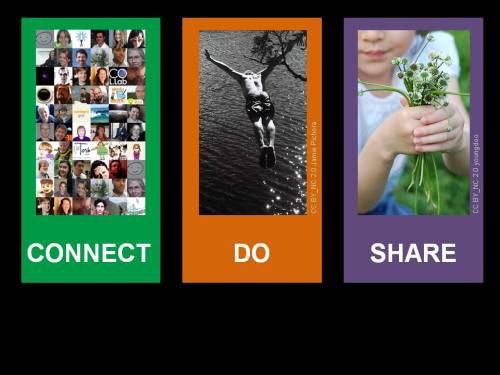 I’m jumping into the Connected Courses adventure — here goes!! #ccourses popped onto my radar during the early summer, through Twitter and Flickr feeds (thanks @heloukee 🙂 ) The blog posts and videos and tweets which followed whetted my appetite further. I identify as an open educator and feel deeply not only about helping my students to develop their learning networks and networked learning skills, but about about sharing my ethos with students, and finding out about their practices, preferences, and values. That’s the heart of learning for me — whether it’s IT or poetry or history. I shared some of my thinking about this at #altc last week and here in Navigating the Marvellous, a summary of some thoughts about open learning and education, connecting across boundaries, and power relationships in education.
I’m jumping into the Connected Courses adventure — here goes!! #ccourses popped onto my radar during the early summer, through Twitter and Flickr feeds (thanks @heloukee 🙂 ) The blog posts and videos and tweets which followed whetted my appetite further. I identify as an open educator and feel deeply not only about helping my students to develop their learning networks and networked learning skills, but about about sharing my ethos with students, and finding out about their practices, preferences, and values. That’s the heart of learning for me — whether it’s IT or poetry or history. I shared some of my thinking about this at #altc last week and here in Navigating the Marvellous, a summary of some thoughts about open learning and education, connecting across boundaries, and power relationships in education.